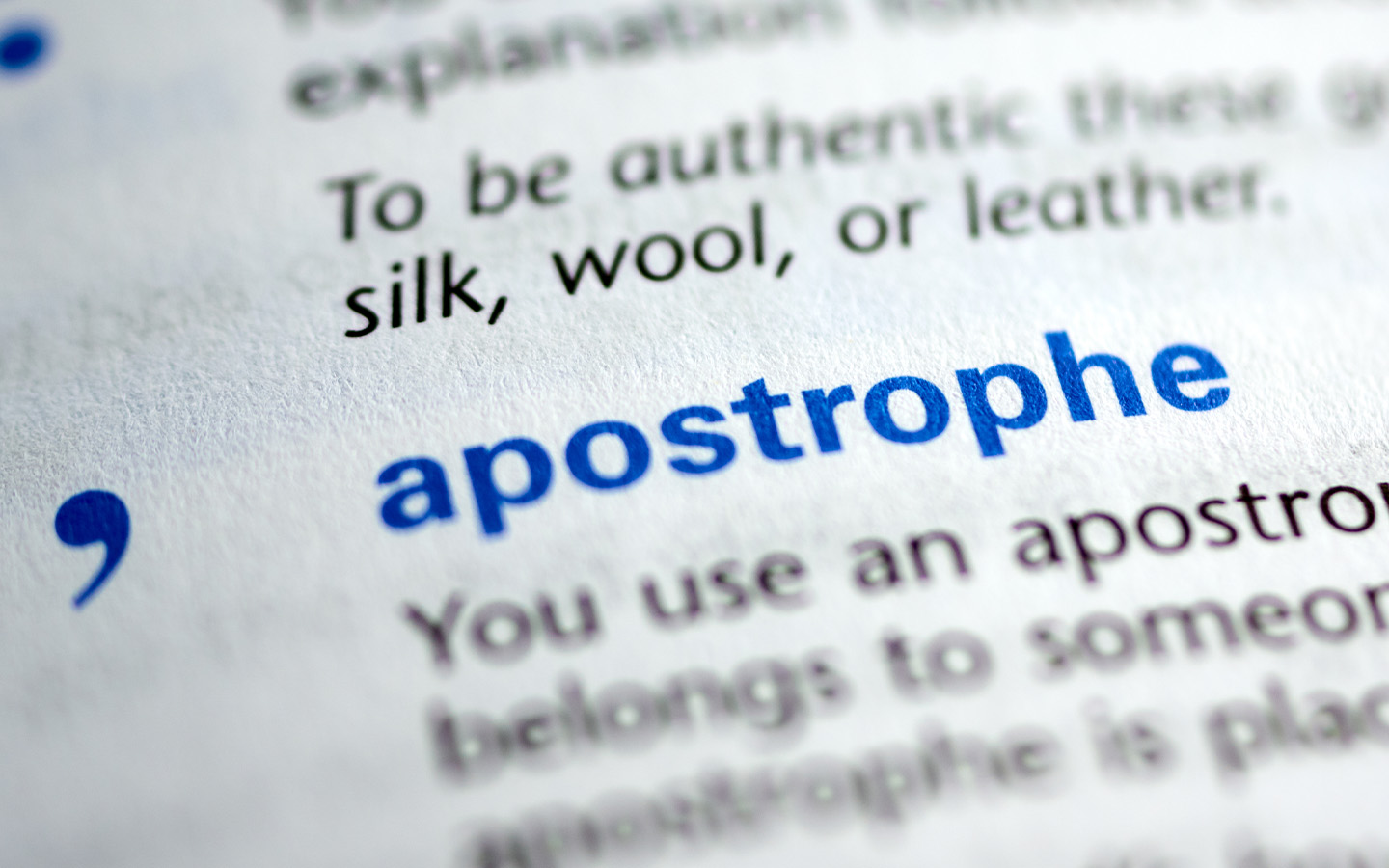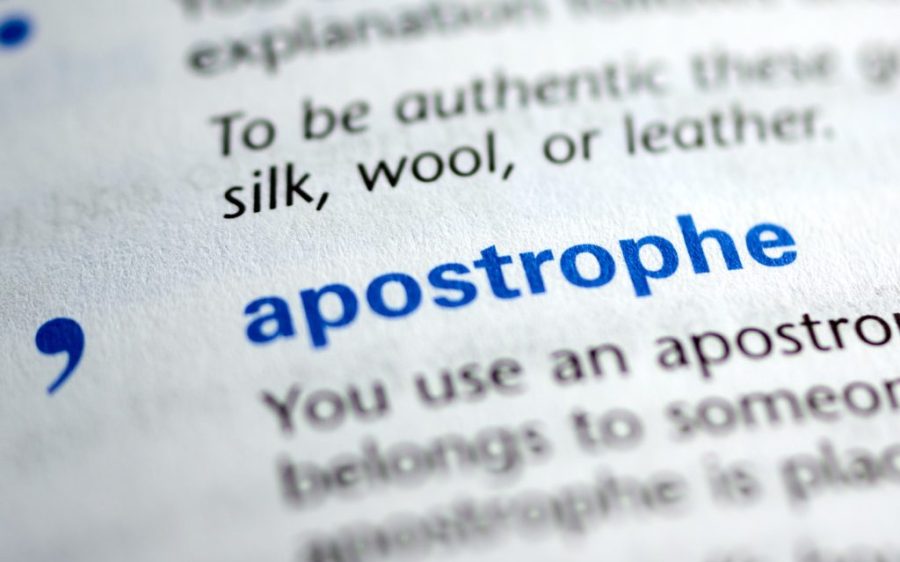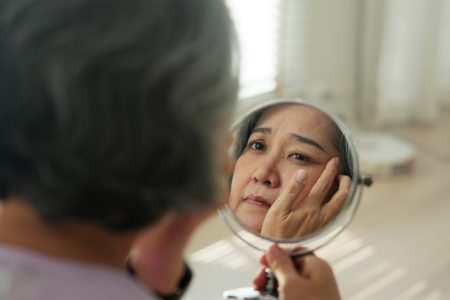A change in German linguistic rules has purists panicking about the outsized influence of the English language.
The Council for German Orthography, the body regulating the use of Standard High German spelling, has relaxed the rules around the use of apostrophes to indicate possession. The marks are a common feature of English not traditionally used in German. For example, a bar known as “Pat’s Place” in English-speaking countries, would be properly known as “Pats Place” in Germany. “Gloria’s Boutique” would simply be “Glorias Boutique.” But with apostrophe use now so widespread, the council deemed it permissible – as long as it applies to proper names, like the name of a store or an eatery, and not a regular object.
That means the much-derided Deppenapostroph (“idiot’s apostrophe”) can now be used for businesses like “Eva’s Blumenladen” (Eva’s Flower Shop) or “Alder’s Taverne” (Alder’s Tavern) but “Eva’s Blume” (Eva’s flower) remains incorrect.
[See more: Portuguese language needs to be promoted in everyday life, Consul General says]
The change came into effect in July, but public outrage has only recently emerged, the Guardian reports, citing a number of examples,from venerable newspapers like Frankfurter Allgemeine Zeitung to complaints from an unnamed newspaper editor on the professional networking site LinkedIn, who said that legalising the “idiot’s apostrophe” amounted to “genuflecting to English.”
Not all Germans agree. “It could just as well stem from a desire to avoid confusion”, Anatol Stefanowitsch, a linguist at Berlin’s Freie Universität, told the Guardian. This type of apostrophe use has long been permitted by the German orthographic council, allowing for exceptions like “Andrea’s Café” where the apostrophe clarifies that the café belongs to Andrea, not Andreas.
Stefanowitsch added: “There is a long tradition of conservative circles fretting about international influences on the German languages. It used to be French, and now it’s mainly English.”






